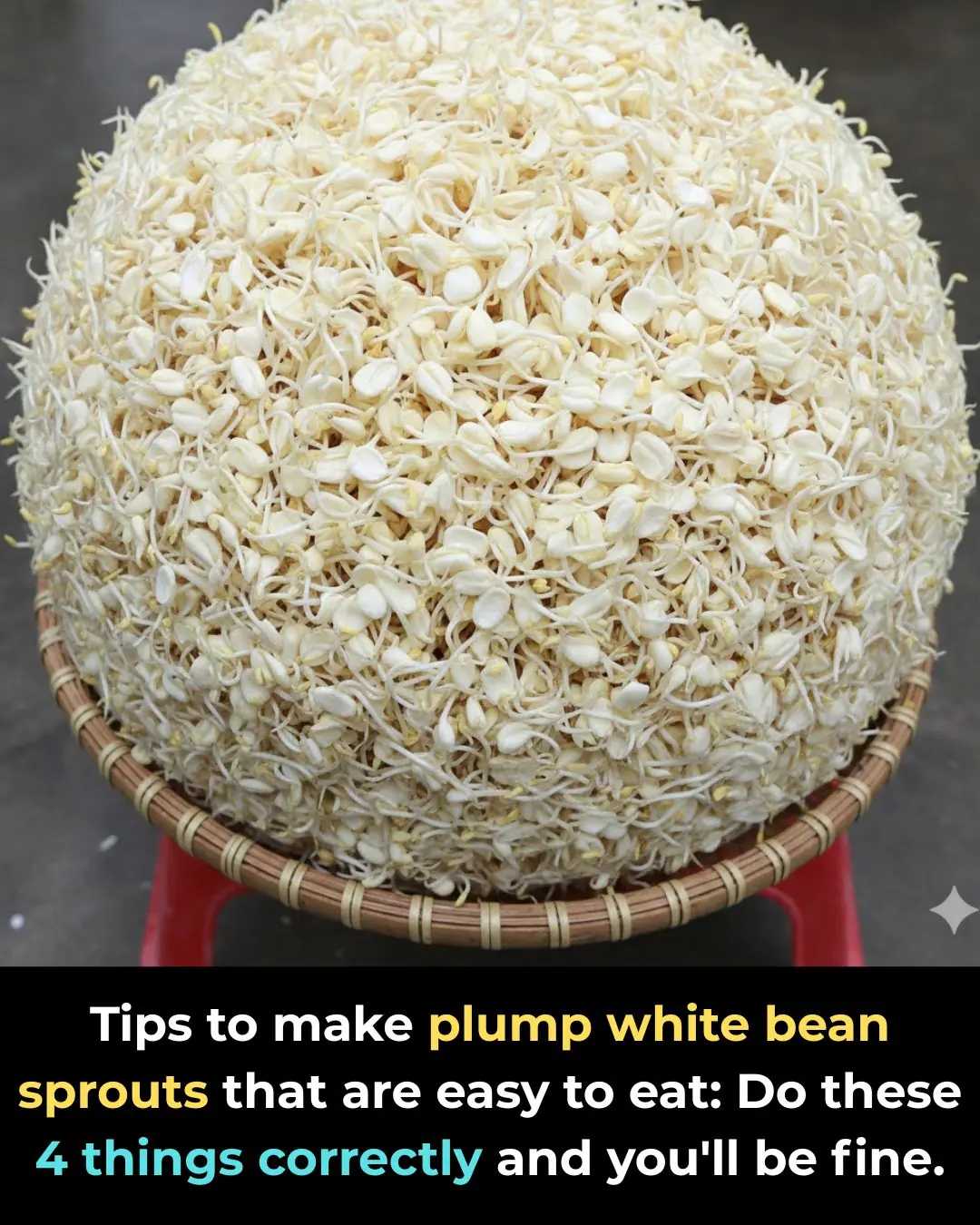
Pour beer and white vinegar into the pot of bonsai soil, the soil will be soft "like sand", many years later the soil will still be loose

If you want to prevent the soil in your plant pots from becoming compacted and lumpy, you should try watering them with two simple types of liquid. These household ingredients can keep your soil loose and airy for a very long time—sometimes even for years—helping your plants grow healthier and stronger.
1. Beer
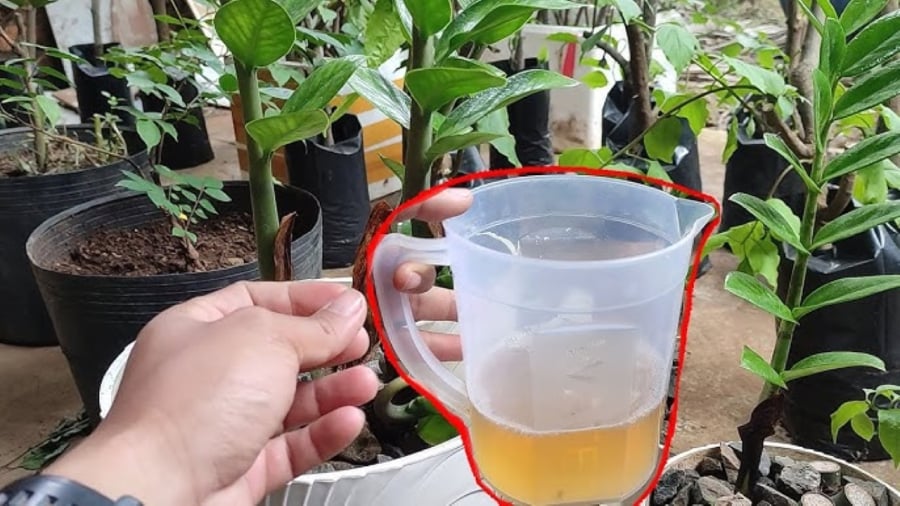
Beer contains a relatively high amount of carbon dioxide, which helps introduce more air into the soil. This aeration loosens compacted particles, breaks apart soil clumps, and improves overall soil structure.
In addition, beer provides small amounts of protein, amino acids, trace minerals, and other organic components. These nutrients can enrich the soil and support healthier plant growth, especially for potted plants that often lack natural nutrient replenishment.
Pouring beer into the soil can help maintain a loose, fluffy texture for many years. However, beer must always be diluted. If used directly, its sugar and alcohol content can easily burn plant roots.
-
Recommended dilution ratio:
1 part beer : 100 parts water
After watering with diluted beer, place the plant pot in a well-ventilated area. This allows excess beer residue to evaporate gradually, enabling the plant to absorb nutrients without being overwhelmed. Avoid placing the pot under direct sunlight immediately after watering, as quick evaporation can prevent the plant from benefiting from the treatment.
For best results, use diluted beer only occasionally—excessive use can attract pests or promote mold growth.
2. White Vinegar
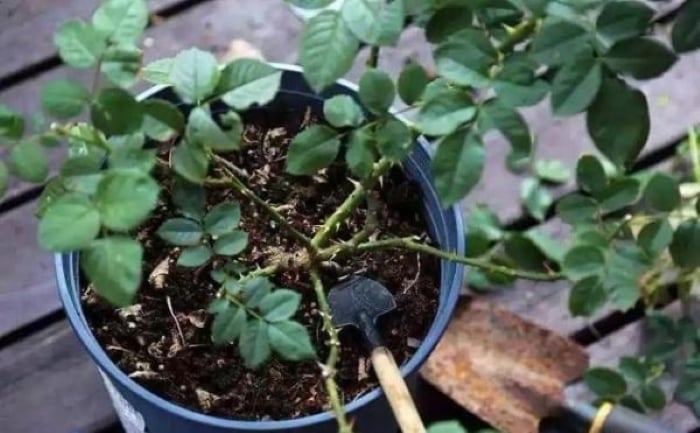
White vinegar contains more usable nutrients than plain water, and plants can absorb some of its beneficial components. One of the main causes of soil compaction is high alkalinity, and vinegar, being mildly acidic, can help neutralize alkaline soils. When vinegar reacts with alkaline minerals, it loosens the soil and restores better texture.
Pouring diluted white vinegar into the soil can keep it crumbly and airy for a long time, improving root breathing and nutrient uptake.
However, you should never use undiluted vinegar directly on soil. Vinegar contains a high level of acid and salts, which can cause leaves to yellow, roots to burn, and soil microbes to die off.
-
Always dilute vinegar before use
A mild solution is enough to condition the soil without harming the plant.
Also keep in mind that vinegar is not a professional horticultural soil additive, so it should not be used too frequently. Occasional use—perhaps once every few weeks—is sufficient. Be careful not to let vinegar water sit on the leaves, as it may cause leaf burn or corrosion.
By using beer and white vinegar correctly, you can significantly improve the structure and health of your potting soil. Just remember to dilute them properly and apply them sparingly for long-term, sustainable results.
News in the same category

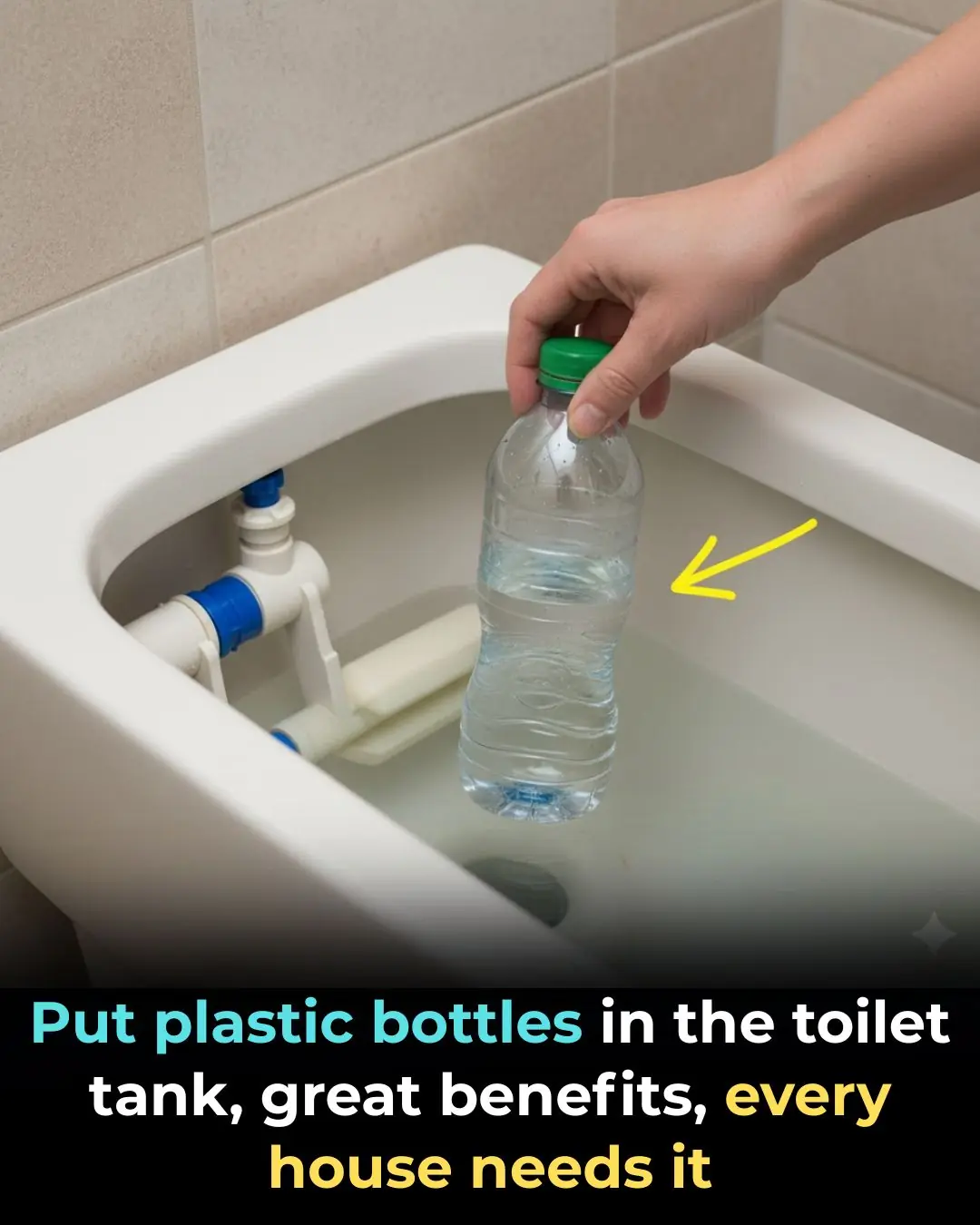
Put plastic bottles in the toilet tank, great benefits, every house needs it
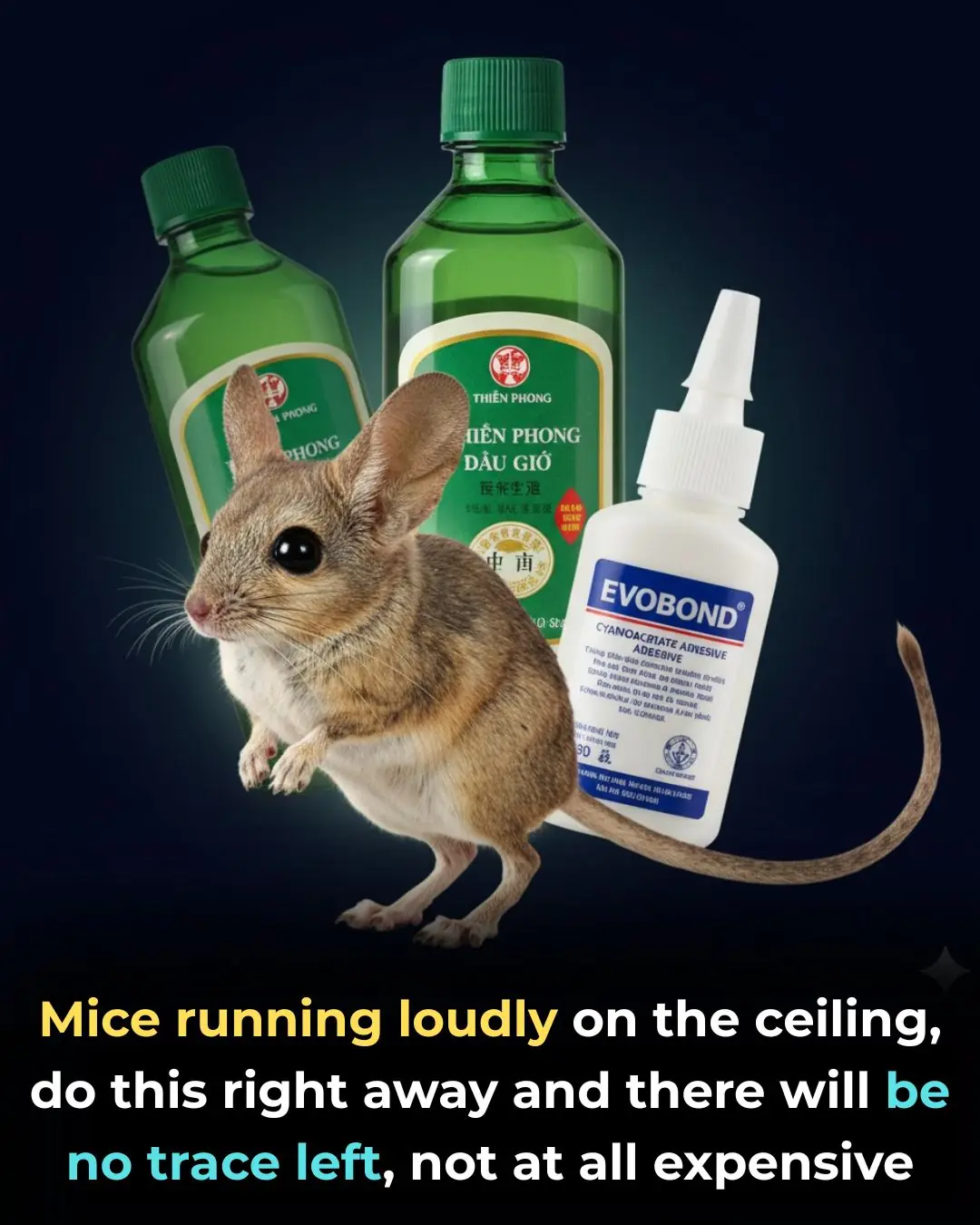
Mice ran loudly on the ceiling
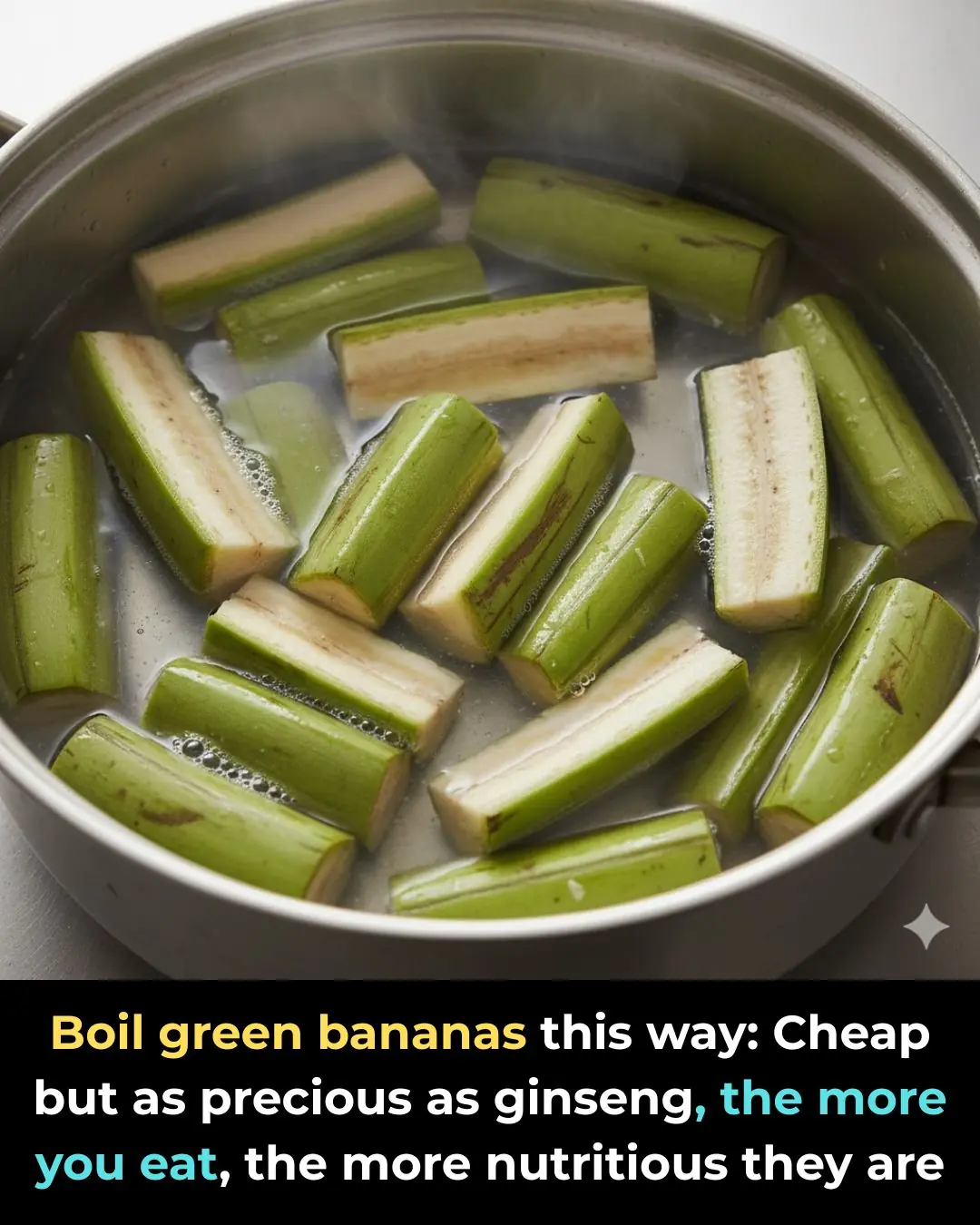
Boil green bananas this way

Tips to deodorize the refrigerator

3 ways to make crispy roasted pork at home in a pan or fryer

Tips for hair treatment with okra, extremely effective against hair loss, baby hair grows bristling
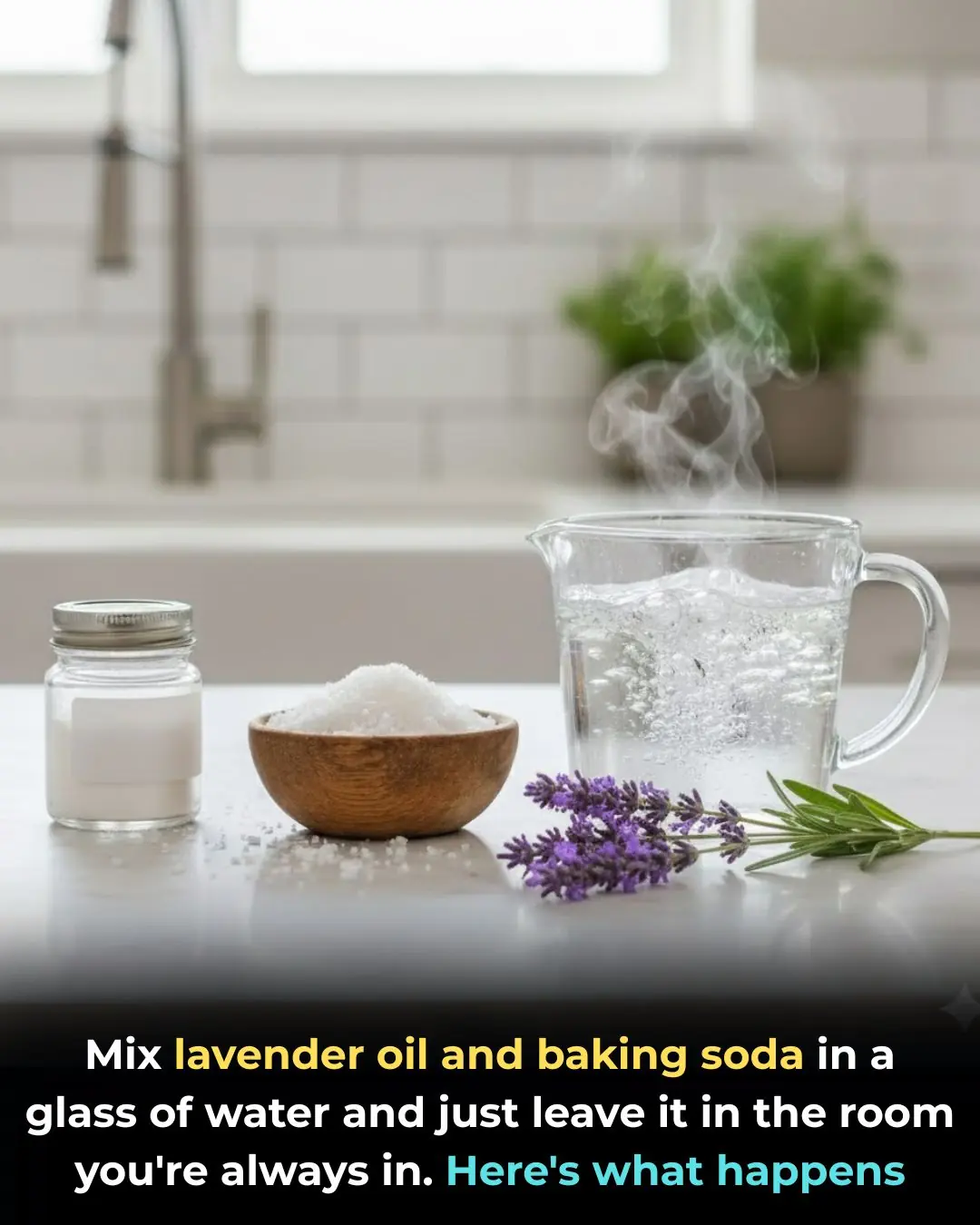
Just tried this and whoa

2 Simple and Effective Ways to Remove the Smell from Long-Frozen Meat
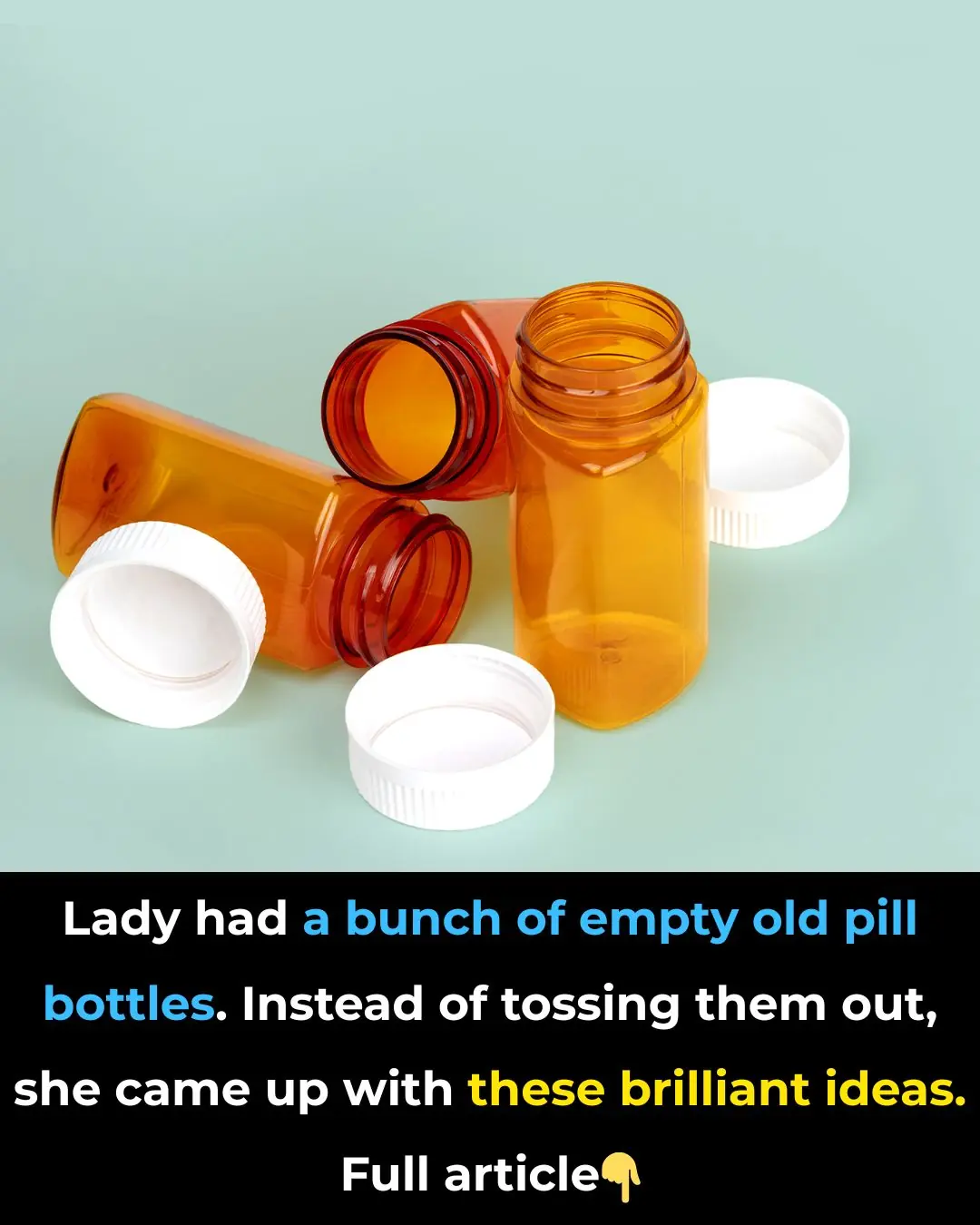
Lady had a bunch of empty old pill bottles
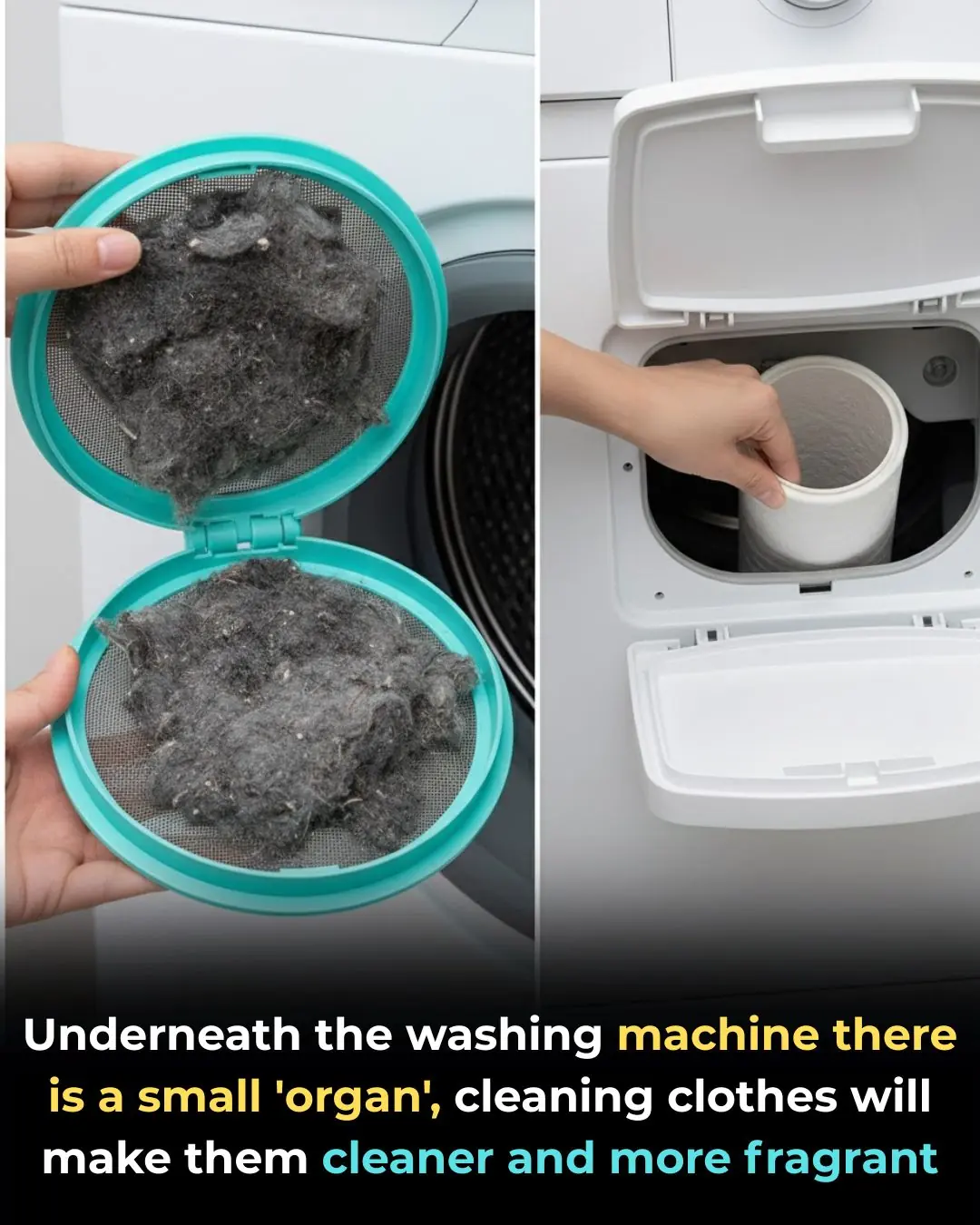
There’s a “Hidden Component” Under Your Washing Machine That Can Make Your Clothes Cleaner and Fresher
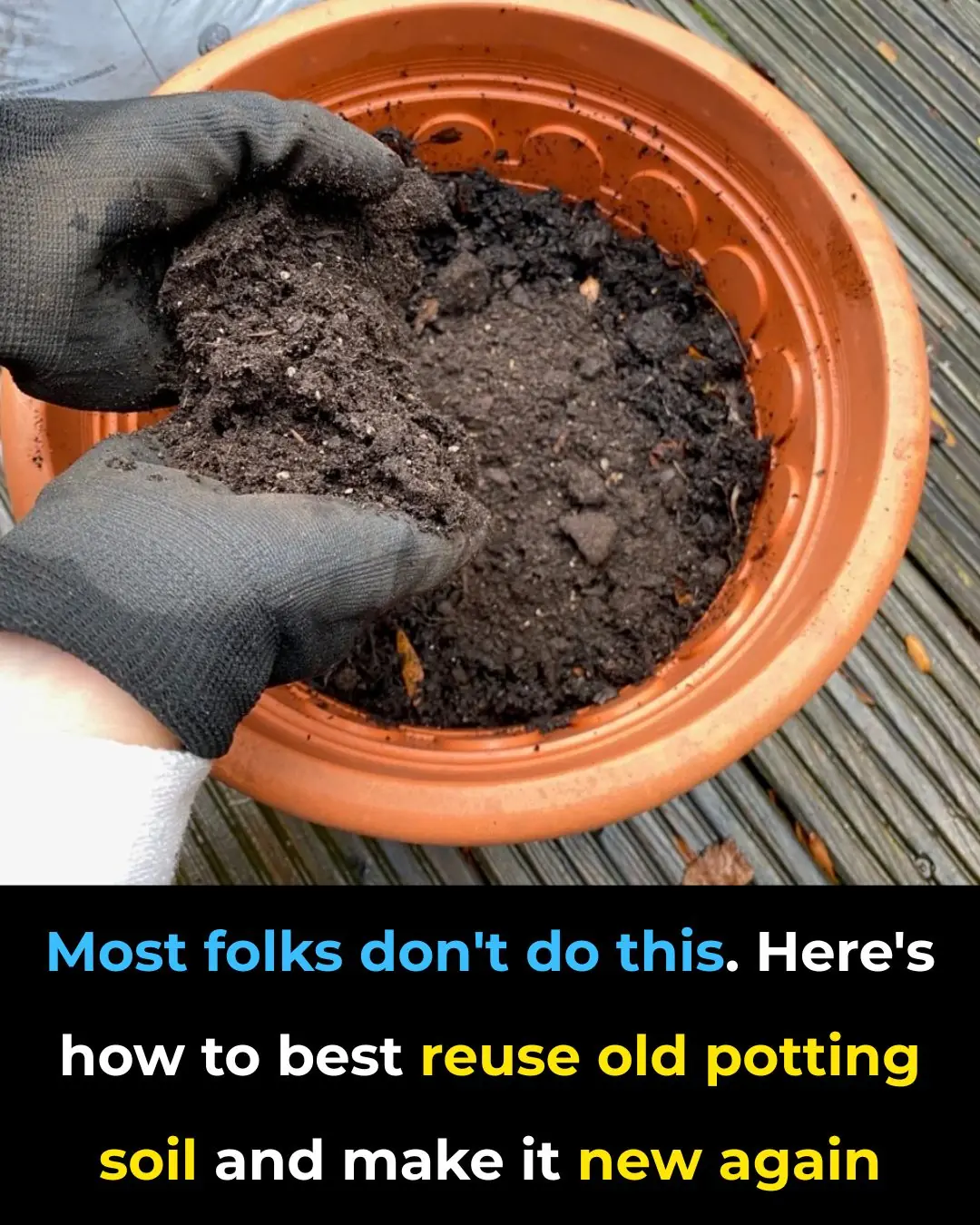
Wish I saw this sooner! Great tips!

Why Lung Cancer Targets Non-Smokers: The Hidden Kitchen Culprit You Might Not Know About
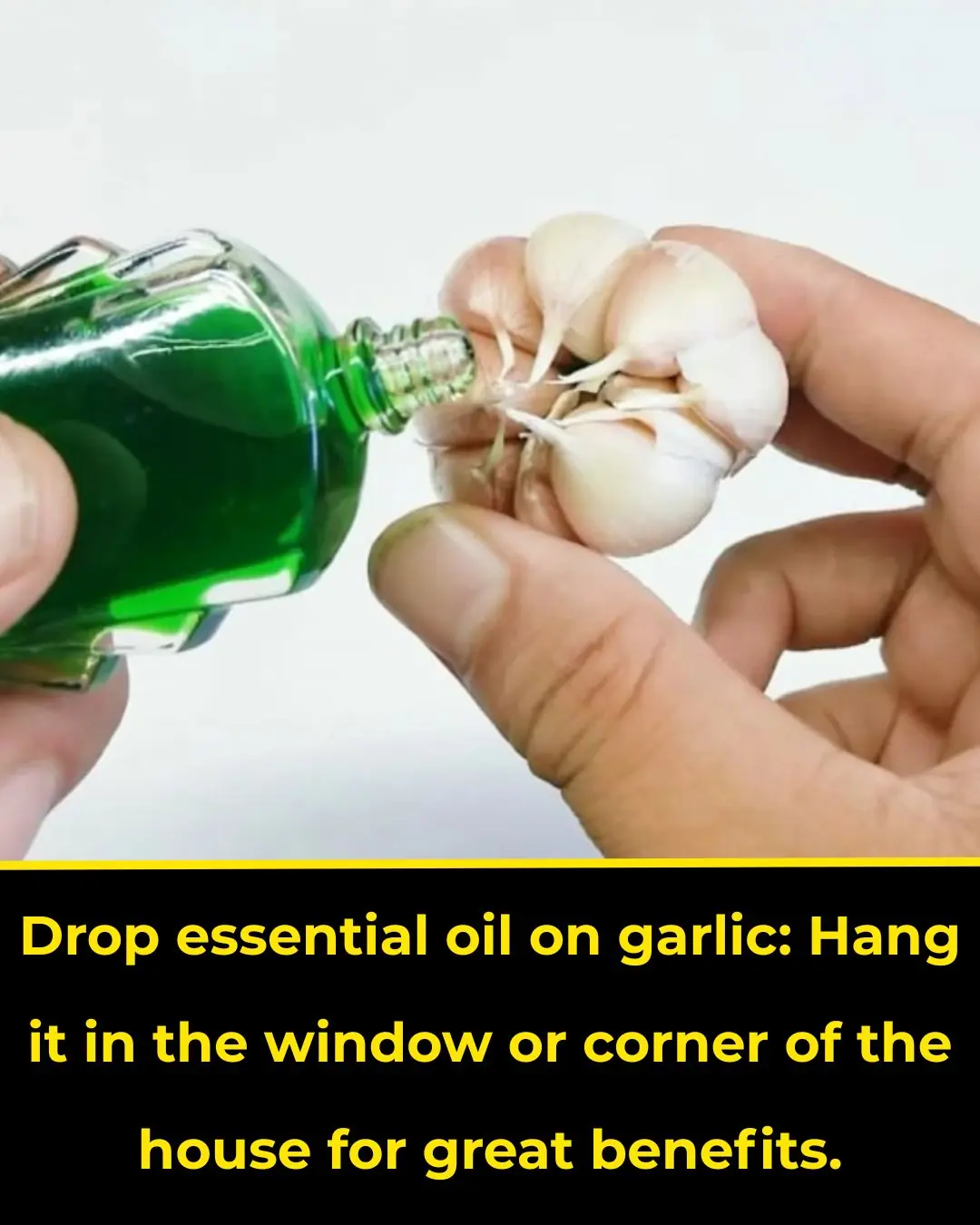
Dropping wind oil on garlic

Don't boil chicken with salt and water, otherwise it will be fishy and turn red.

Take the meat from the freezer and it's hard as bricks
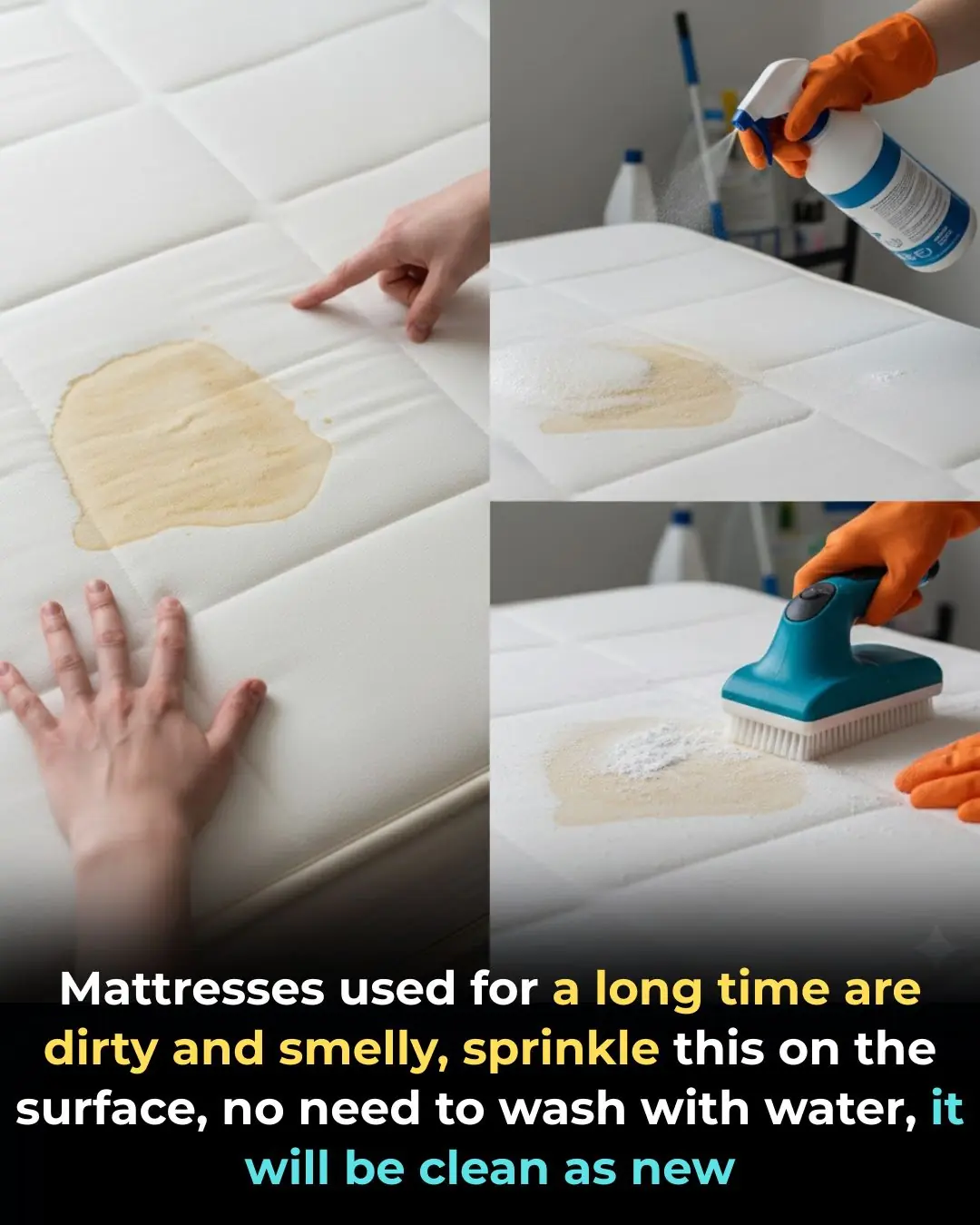
Your Mattress Getting Dirty and Smelly? Sprinkle This on the Surface — No Water Needed, and It’ll Look Fresh Again

Sink Trick You Should Always Do Before Vacation
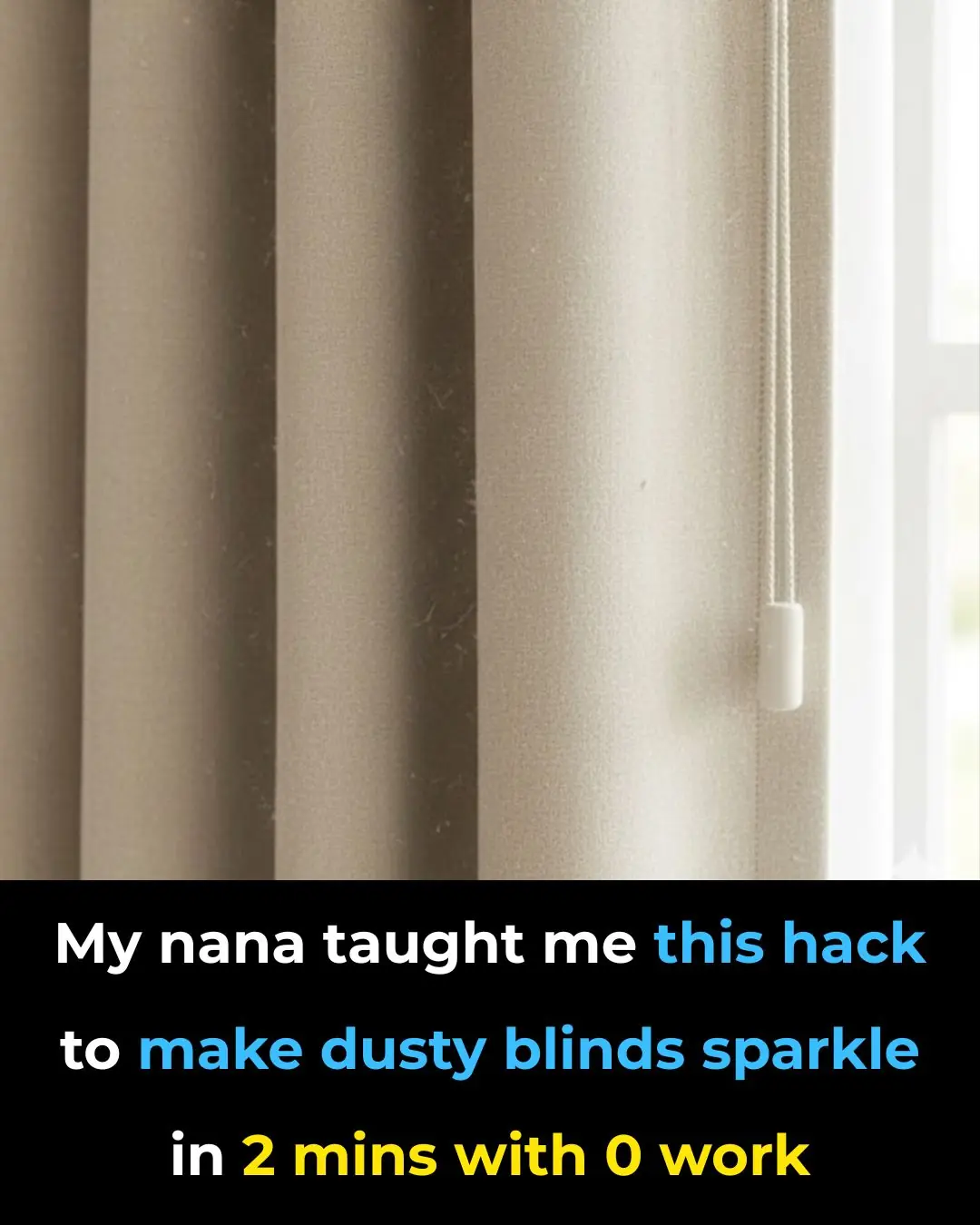
My nana taught me this hack to make dusty blinds sparkle in 2 mins with 0 work
News Post

MAFS UK's Julia-Ruth breaks silence on reunion's biggest bombshell

2-Year-Old Loses Race, But Wins Dad’s Heart After He Runs To Hug Dad Instead Of Crossing Finish Line

‘Like Knowing Every Detail About My Receivers’: With A Week To Prepare For First NFL Start Fans Expect Better Shedeur Sanders

Holly Willoughby enjoys rare outing to Winter Wonderland as Vogue Williams beams ahead of I'm A Celeb
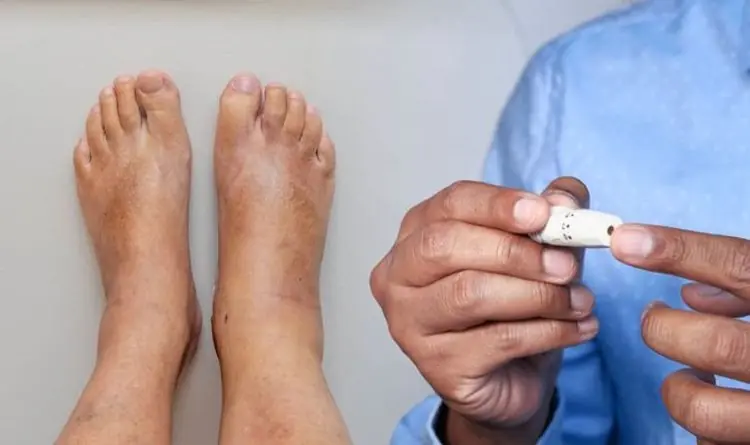
Your Feet Are A ‘Blood Sugar Meter’ – Beware Of Diabetes If You Frequently Experience These 12 Symptoms

Inside Chloe Bennet's life including heartbreaking reason she changed name

‘Thought This was AI’: Fans Lose It Over Spike Lee’s Unexpected Gift to the Pope, But All Anyone Can Talk About Is the Director’s Head
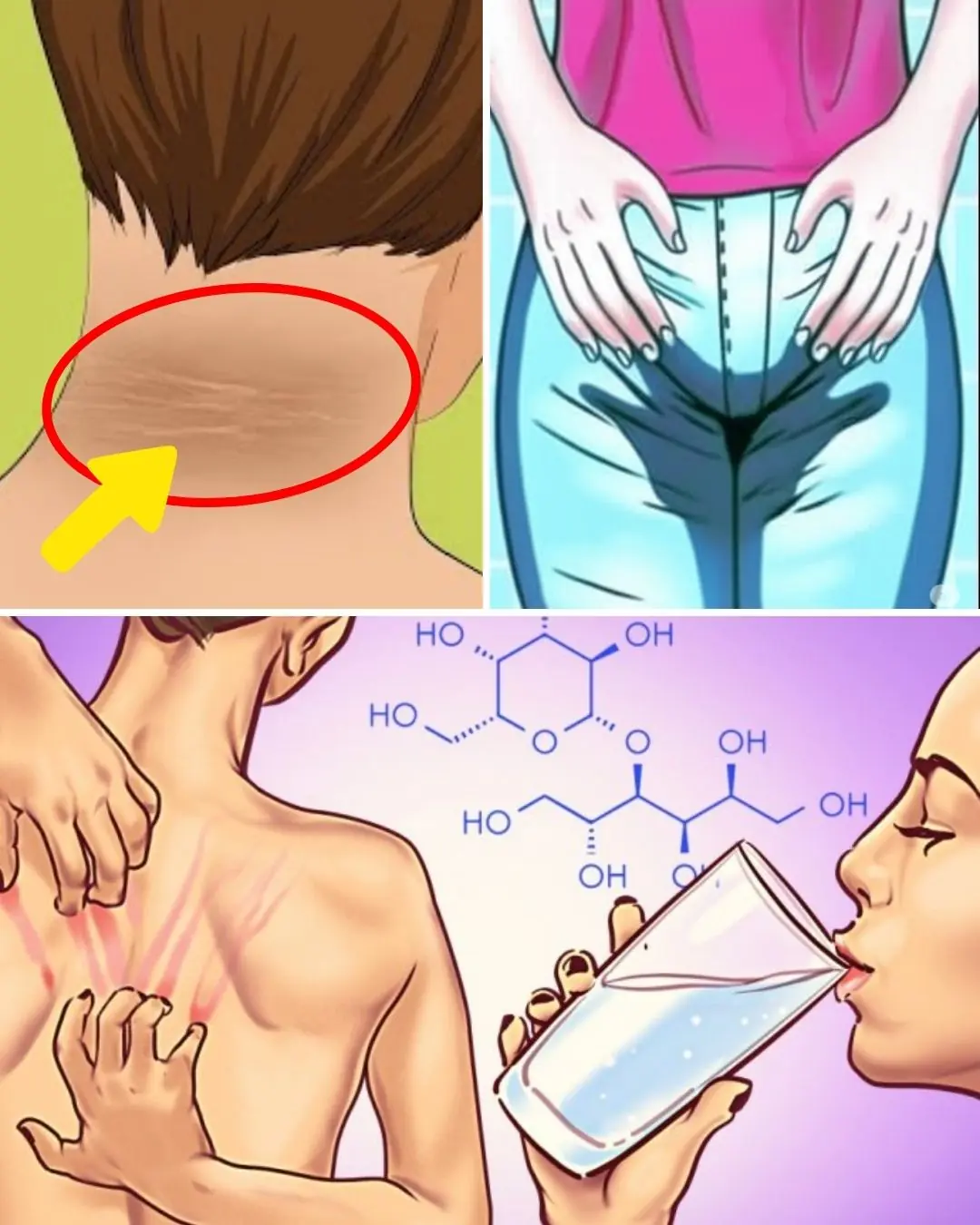
What are the symptoms of diabetes?

‘A Former Powder Head Talking Crazy’: Mike Epps’ Bold Food Stamp Commentary Sparks a Brutal Online Backlash as Fans Accuse Him of Hypocrisy

Tips to make plump white bean sprouts that are easy to eat: Do these 4 things correctly and you'll be fine.

Put plastic bottles in the toilet tank, great benefits, every house needs it

Expert reveals every iOS 26 setting you should adjust on your Iphone right after updating

Richard Dreyfuss’ son Ben reveals why he and siblings are ‘estranged’ from Oscar-winning dad

NASA’s Perseverance Rover Detects Something on Mars That Shouldn’t Be There

NFL Gracie Hunt supports idea for alternate Super Bowl halftime show over Bad Bunny

I’m A Celebrity 2025: Kelly Osbourne sends message to brother Jack after his claims about filming The Osbournes

Strictly Come Dancing star Vicky Pattison emotional over husband’s elimination video

Inside I’m A Celebrity star Aitch’s adorable bond with disabled sister Gracie – dedicating a song to her; climbing Mount Kilimanjaro; how she ‘changed’ his life
